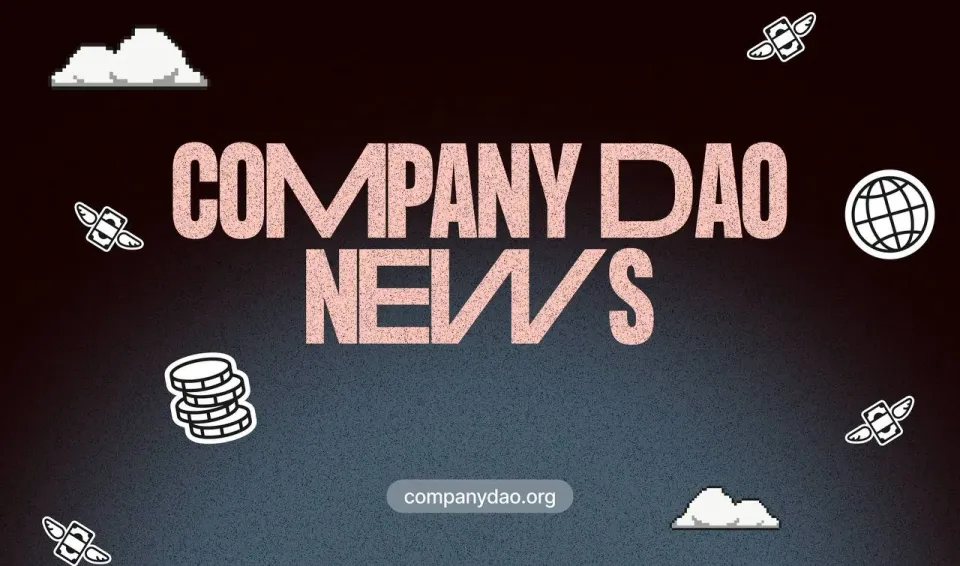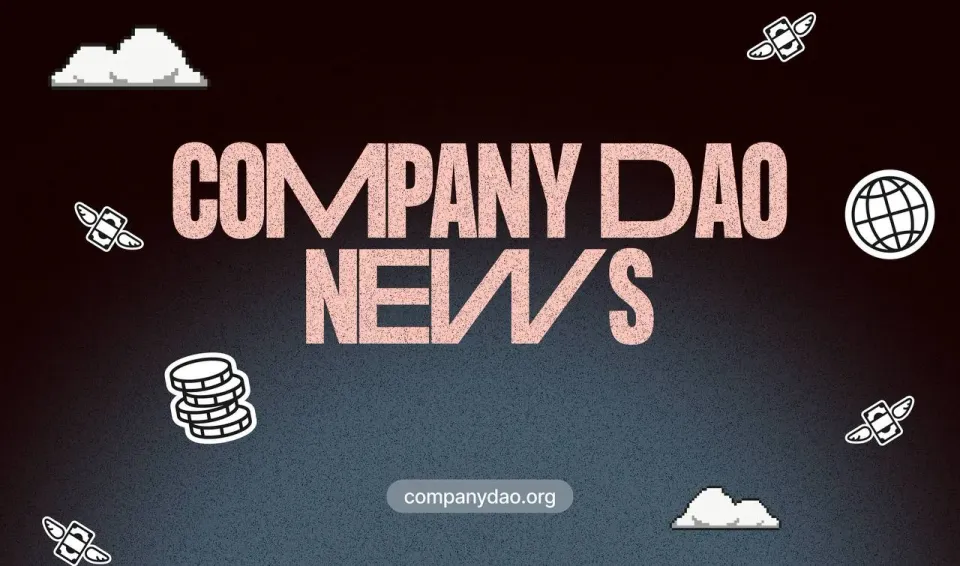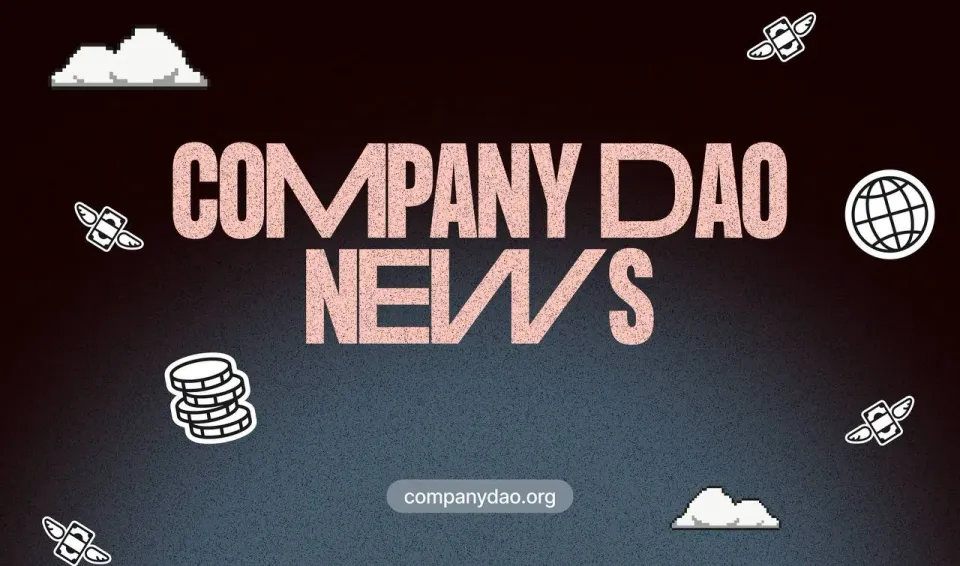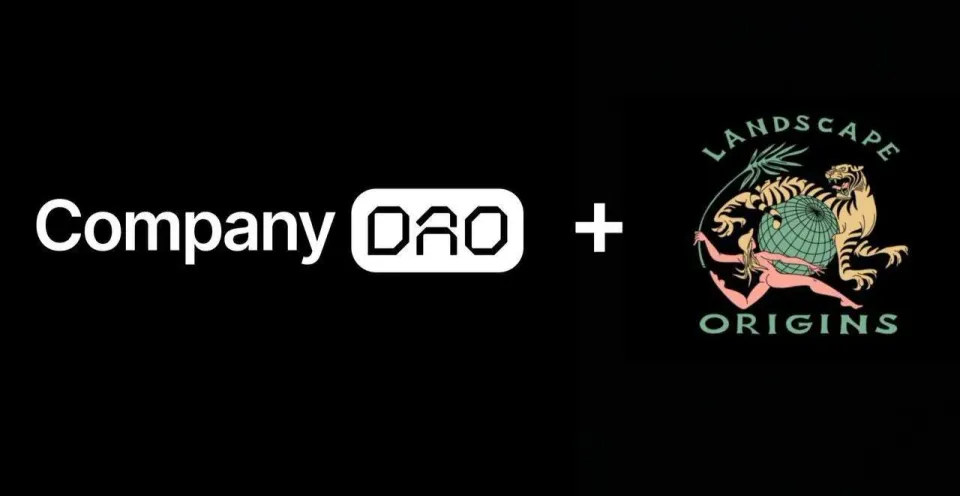Features: DAO Contract in CompanyDAO Framework
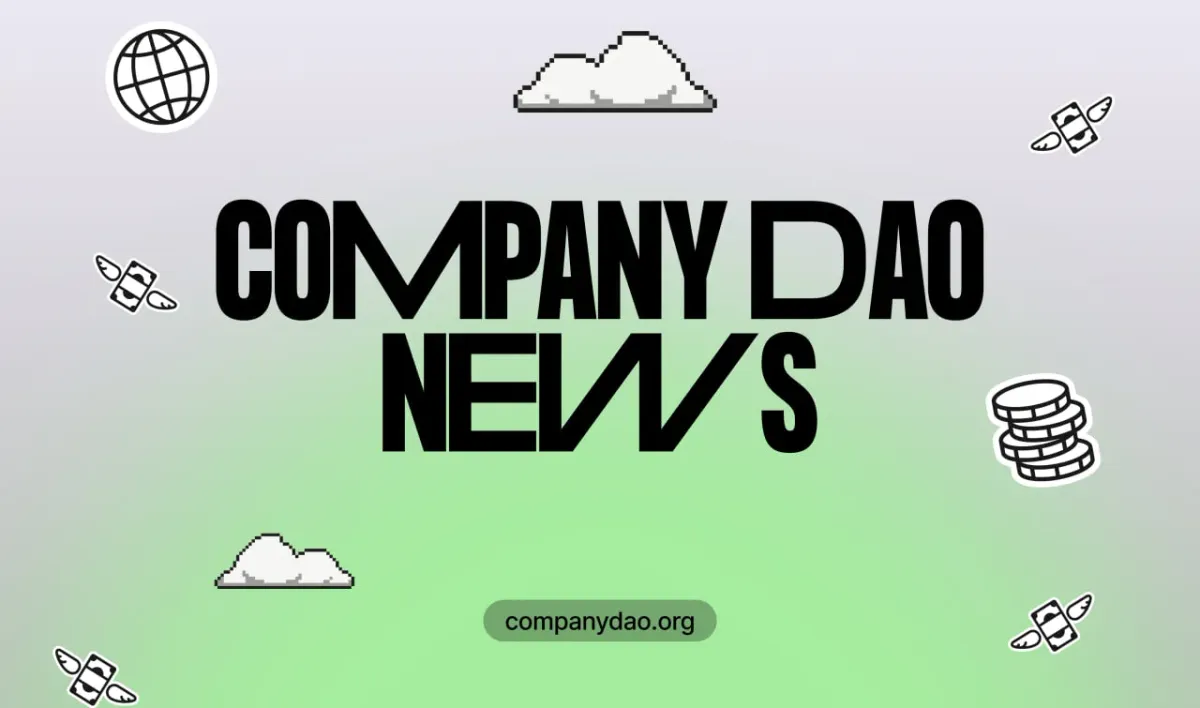
The Pool Contract represents a comprehensive solution for managing decentralized autonomous organizations (DAOs) on the blockchain. This contract serves as a fundamental structure for user companies, allowing for robust management of shares, legal data, and governance processes.
The Pool Contract is a central element in the Company DAO protocol, offering a structured approach to managing user companies as DAOs. From handling legal data to facilitating complex governance processes, it stands as a testament to the flexibility and robustness required for decentralized company management on the blockchain. With its upgradeable design, the contract is poised to adapt and evolve, meeting the dynamic needs of the blockchain-based corporate world.
Here’s a breakdown of its key features:
1. Company Representation:
Trademark as Token Name: The contract’s trademark doubles as the name for all Governance tokens created for the pool.
Legal Data Management: Stores legal data of the company, serving as a repository post-purchase by the client.
Company States: The contract exists in one of three states — pre-deployment, post-deployment but pre-DAO, and post-DAO status.
2. Governance Token Handling:
Unique Governance Token: The contract supports exactly one valid Governance token, ensuring a clear governance structure.
Token List Management: Manages both Governance and Preference tokens, tracking them effectively.
3. DAO Transition and Ownership:
Transition to DAO: Post successful primary TGE (Token Generation Event), the pool attains DAO status, changing the dynamics of control and governance.
Temporary Ownership: The Pool owner status is provisional, lasting until the first successful Governance TGE.
4. Proposal and Voting System:
Robust Proposal Mechanism: The contract inherits the GovernorProposals module, facilitating the creation and management of proposals.
Voting Functionality: Includes mechanisms for voting on proposals, vital for decentralized decision-making.
5. Role Management:
Pool Secretary and Executor Roles: Defines roles like Pool Secretary and Executor for internal management.
Role-Based Actions: Different actions are permissible based on the role and DAO status.
6. Financial Transactions:
Transfer By Owner: Before DAO status, the pool owner can withdraw ETH or ERC20 tokens from the contract.
Transaction Restrictions: Post-DAO, these financial capabilities are governed by proposals and voting outcomes.
7. Governance Settings Configuration:
Initial and Subsequent Configurations: Allows setting up governance rules initially and adjusting them as the pool evolves into a DAO.
Flexible Setting Changes: Can be changed through direct pool owner actions or DAO proposals, depending on the pool’s status.
8. Company Information Update:
Set Company Info: Enables updating the company’s legal and jurisdictional information post-purchase.
Legal Data Accessibility: Ensures legal data is accessible and up-to-date.
9. Upgradeable and Secure Framework:
Utilizes OpenZeppelin’s upgradeable contracts, providing a foundation for future enhancements and security.
Company DAO | Telegram | Twitter (X) | YouTube | Medium | Legal Opinion |Docs|

